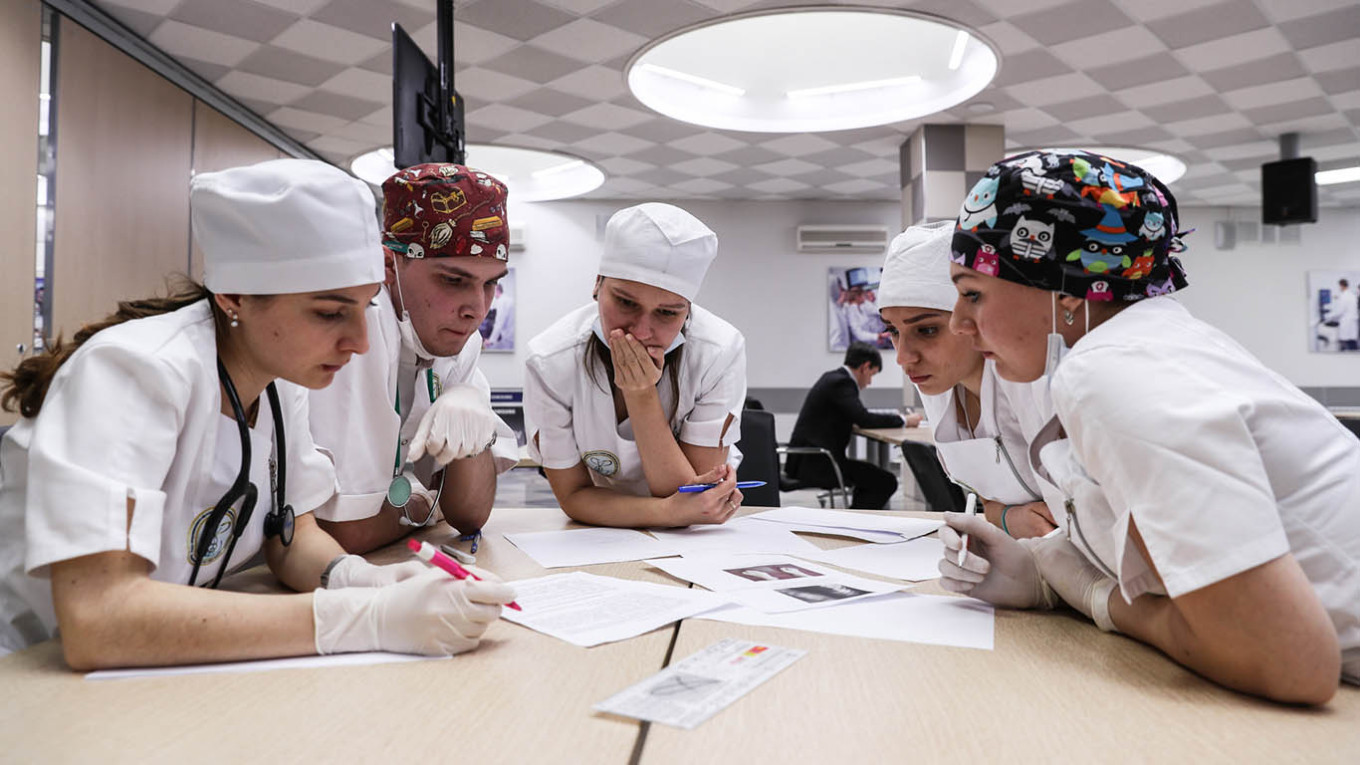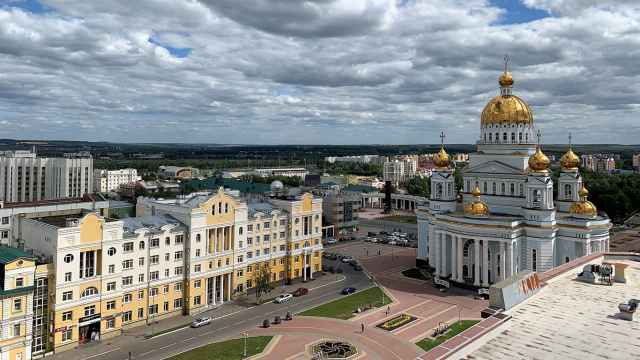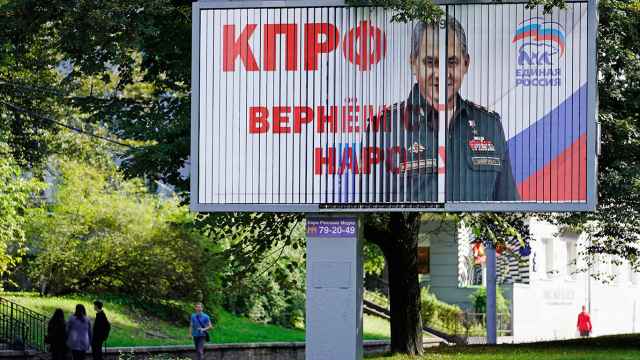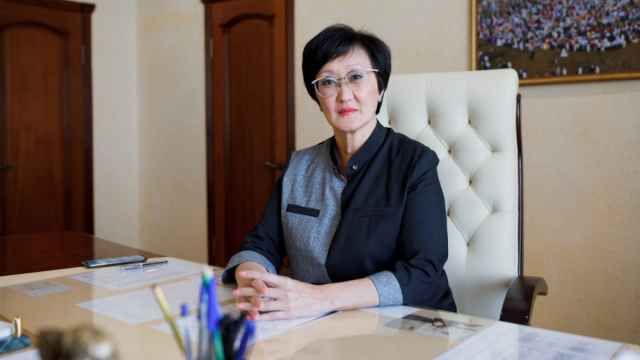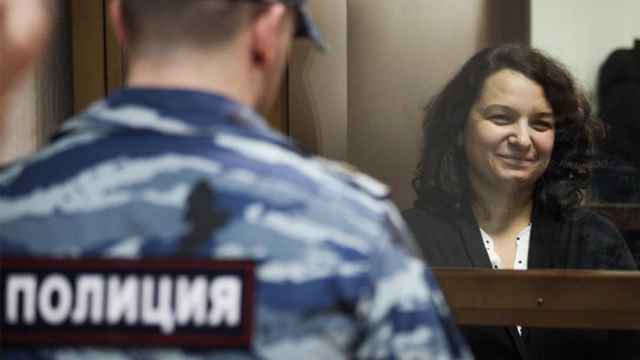President Vladimir Putin on Monday signed a law requiring students enrolled in state-funded residency programs at medical universities to undergo a work placement at public hospitals and clinics for up to three years, a measure aimed at easing chronic staff shortages in the country’s healthcare system.
Under the law, which partially revives a Soviet-era practice, students who are entering or currently enrolled in state-funded residency programs will be required to complete a period of “mentorship” in a state or municipal clinic covered by Russia’s compulsory health insurance program.
A student who accepts a government-funded residency slot at a medical university or college must now sign an agreement requiring them to work at a specific medical facility, usually a regional clinic or hospital. Those who refuse may continue their training on a paid basis, but only if spots are available at their institution.
The law, which was passed in the lower-house State Duma last week and then in the upper-house Federation Council, will take effect on March 1, 2026, applying to graduates from that year onward.
State Duma speaker Vyacheslav Volodin said last week that overworked hospital staff and high numbers of medical patients that exceed recommended norms are taking a toll on Russia’s public health system, leading to poorer healthcare quality. He cited data claiming that Russia lacked around 23,300 doctors and 63,600 mid-level medical personnel in early 2025.
The lower house of parliament passed the work requirement bill last Tuesday with a unanimous vote following minor procedural corrections, according to independent journalist Farida Rustamova.
Rustamova cited concerns from two lawmakers that the proposed work requirements may discourage young medical professionals from completing their residencies, especially if they are asked to work in rural or remote areas, without guarantees of housing and other forms of social support.
In the Soviet healthcare system, the state assigned newly graduated doctors to specific hospitals or clinics for between three and five years.
Correction: An earlier version of this article stated that the new law would affect all medical school graduates. That has since been corrected to state that students specifically enrolled in state-funded residency programs are impacted by the legislation.
A Message from The Moscow Times:
Dear readers,
We are facing unprecedented challenges. Russia's Prosecutor General's Office has designated The Moscow Times as an "undesirable" organization, criminalizing our work and putting our staff at risk of prosecution. This follows our earlier unjust labeling as a "foreign agent."
These actions are direct attempts to silence independent journalism in Russia. The authorities claim our work "discredits the decisions of the Russian leadership." We see things differently: we strive to provide accurate, unbiased reporting on Russia.
We, the journalists of The Moscow Times, refuse to be silenced. But to continue our work, we need your help.
Your support, no matter how small, makes a world of difference. If you can, please support us monthly starting from just $2. It's quick to set up, and every contribution makes a significant impact.
By supporting The Moscow Times, you're defending open, independent journalism in the face of repression. Thank you for standing with us.
Remind me later.


